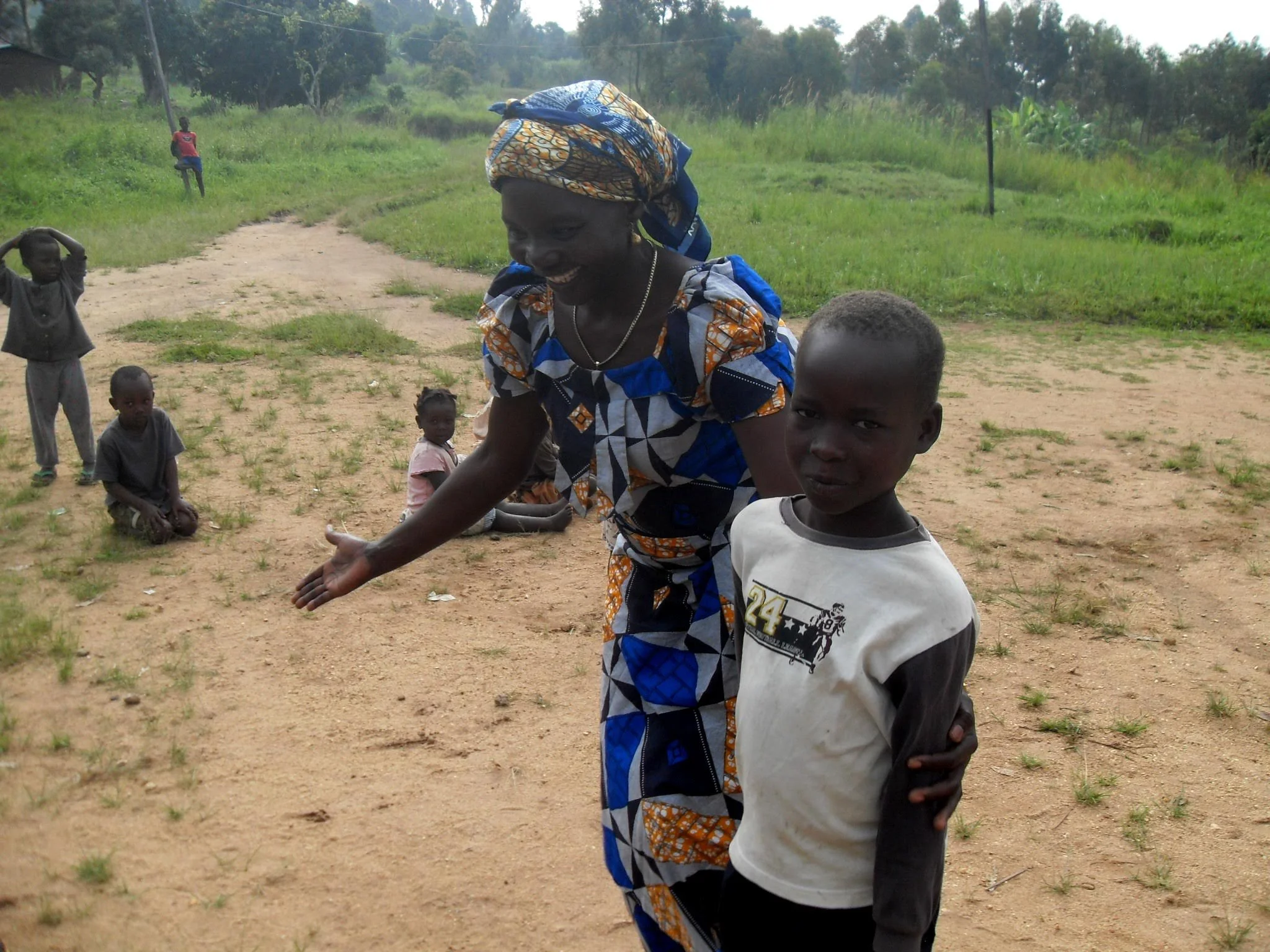What we're working on
Jacaranda Communities of Hope
The principles of trauma recovery are rooted in love. It is essential to bring healing to the heart, soul, mind and body of those who suffer from the consequences of trauma. Bringing hope through the loving gift of presence to children is the core strategy of the Jacaranda program. All children of war and violence are vulnerable, with greater vulnerability to those who have lost parents and are displaced. Trauma recovery occurs through creating a safe environment so that children can share their story and know they are loved and not forgotten.
Jacaranda Communities of Hope provides community leaders with training in how to facilitate recovery and healing in children who have experienced trauma in places where there have been natural disasters and chronic, complex trauma events such as religious persecution, ethnic cleansing, and poverty- based violence. Twelve12:Hope has provideed the Jacaranda training program in the following countries: Burma (Myanmar), The Democratic Republic of Congo, Zambia, Zimbabwe, Mozambique, Kenya, Nigeria, Mongolia and Kurdish Iraq. The Jacaranda program has recently expanded to Ukraine and there are plans to work in South Sudan. The success of each project is dependent on local partners that recruit, mobilize and support those who receive the training.
Organizational Consultation: Staff Care and Resiliency
Development of best practice standards of care for workers which promote individual and systemic wellness and resilience is the goal of Twelve12:Hope through consultation with non-profit organizations. Organizations are responsible for the development and establishment of monitoring practices which mitigate the risk for negative consequences (burnout, compassion fatigue, vicarious trauma, moral injury) resulting from living and working in difficult cross cultural settings. Organizations are also responsible for developing practices which train and equip (resilience building, spiritual formation, stress management, transitional coaching, and trauma informed care) their staff members to grow professionally while gaining awareness into how their work is affecting them personally and interpersonally. Staff care programs which establish realistic and achievable margins within a work environment and provide opportunities for growth as a result of exposure to direct and vicarious trauma increase employee satisfaction and decrease unnecessary attrition.
Counseling, Crisis Response, and Trauma Care Intensives
Counseling - Professional and confidential counseling services are available for individuals of all ages, including couples, families and groups. Counseling services generally involve cross-cultural workers during times of transition and support for those who experience compassion fatigue, vicarious trauma and burnout.
Crisis Response - Critical events such as natural disasters, community violence, and line of duty deaths warrant the need for psychological and spiritual services. Twelve12:Hope professionals are available as first line responders to provide direct intervention and mobilize others to provide psychological first aid and psycho-social support. Larger scale events, such as natural disasters and complex traumatic events, create opportunities to train local volunteers in basic crisis response techniques for adults and children.
Retreats/Intensives - Cross-cultural leaders and workers often need an opportunity to decompress and gain perspective in their lives. Retreats create a space to examine the issues of faith, work, and relationships in a setting that is free from distractions. Those with ongoing high exposure to trauma need a safe environment for the purpose of rest, reflection, prayer, solitude, and restoration. Retreats are typically 3-5 days and occur in a setting that is conducive to healing for our bodies, minds, hearts, and soul.

